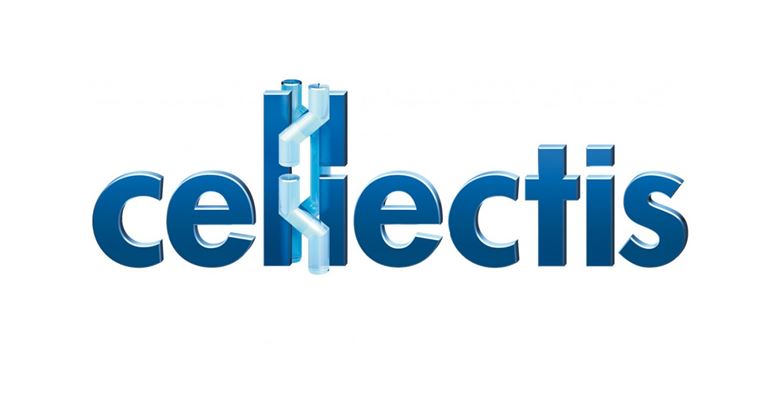After taking lead in CAR-T, Cellectis drug snapped up by Pfizer and Servier

Pfizer and Servier have snapped up the rights to UCART19, after the immunotherapy treatment showed hugely encouraging results in a single patient.
Developed by French biotech company Cellectis, UCART19 has taken a surprise lead among a field of rival CAR-T (Chimeric Antigen Receptor T-Cell) immunotherapies being developed, after it produced a complete remission in 11-month-old Layla, a patient at London's Great Ormond Street Hospital.
Layla had incurable, refractory and highly aggressive acute lymphoblastic leukaemia (ALL) and is currently completely clear of the disease two months after treatment.
Researchers at the hospital announced the news of Layla's 'near miraculous' response earlier this month, putting the drug ahead of CAR-T rivals such as Novartis, Kite, and Juno, who have yet to begin human trials.
Conducted as a one-off compassionate use, and not part of a clinical trial, it is still too early to declare the drug a success.
Nevertheless, the results were very promising, with few side-effects observed. Phase I clinical trials of UCART19 are due to begin in early 2016 in chronic lymphocytic leukaemia (CLL) and ALL.
Pfizer and Servier will now assume control of the clinical development of the drug – a move which will reassure investors that the drug could gain regulatory approval ahead of its rivals.
Servier had signed an option to acquire rights to the drug in early 2014, and has now amended its deal to take on exclusive worldwide rights to develop and commercialise the drug. The French pharma company has in turn struck a co-development deal with Pfizer, which also gives it US marketing rights.
But Pfizer's entry into the development partnership signals just how highly regarded UCART19 now is.
Cellectis' molecule could have a very significant advantage over its rivals, as it bypasses some of the technical challenges facing other CAR-T therapies. The platforms being developed by Novartis, Kite, and Juno all require a complicated and expensive process of personalising the treatment for each individual patient. In contrast, Cellectis' UCART19 is derived from 'off-the-shelf' CAR-Ts, which can be used in any patient.
Pfizer already has a separate deal with Cellectis that was announced in June 2014, but this is not directly related to UCART19.
Cellectis will receive a payment of $38.2 million from Servier upon signature. In addition, Cellectis is eligible for over $300 million of milestone payments, R&D financing, and royalties on sales from Servier, based on annual net sales of commercialised products. Financial terms for the Servier agreement with Pfizer were not disclosed.
"Servier's early option exercise is a strong recognition of the potential value of UCART19 for patients, as the first allogeneic CAR-T therapy expected to move into clinical development that utilises Cellectis' TALEN gene editing technologies," said Dr André Choulika, PhD, chairman and chief executive officer of Cellectis, who said the firm was aiming to be best in class in CAR-T therapies.
The deal with Pfizer was welcomed by Emmanuel Canet, MD, president, research and development at Servier.
If approved, the drug will help revive the fortunes of privately-owned Servier, which has been in the doldrums for a number of years after patent expiries, safety and pay-for-delay scandals in Europe.
For Pfizer, UCART19 could confirm it as a major player in immuno-oncology, if approved. The US firm already has a promising alliance with Merck Serono on PD-L1 immunotherapy avelumab, which has just gained FDA breakthrough status.
Related article
Cellectis wows with successful CAR-T treatment for leukaemia










